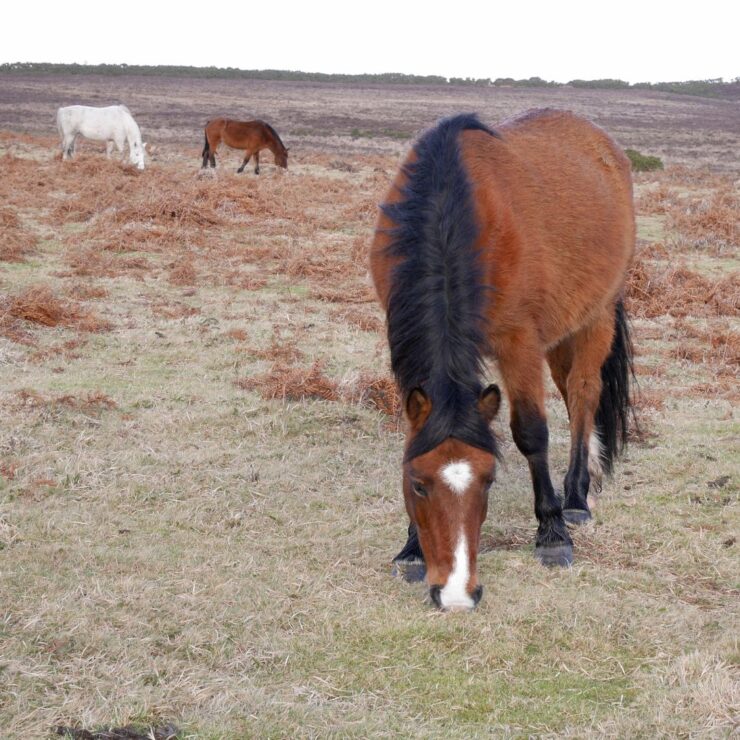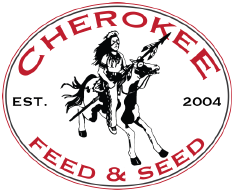 Your Guide to Stockpiling Forage for Winter: As the summer comes to an end and the first leaves start falling, it’s time to start thinking about how to keep your livestock fed throughout the winter months. Not having enough forage can have devastating consequences, such as malnutrition for your livestock. Stocking up on forage can help prevent this. Whether you’re a new farmer or a seasoned one, this guide will provide you with all the information you need on how to stockpile forage for winter. Previously, we’ve discussed The Benefits of Fall Forage for Your Livestock.
Your Guide to Stockpiling Forage for Winter: As the summer comes to an end and the first leaves start falling, it’s time to start thinking about how to keep your livestock fed throughout the winter months. Not having enough forage can have devastating consequences, such as malnutrition for your livestock. Stocking up on forage can help prevent this. Whether you’re a new farmer or a seasoned one, this guide will provide you with all the information you need on how to stockpile forage for winter. Previously, we’ve discussed The Benefits of Fall Forage for Your Livestock.
The first thing you need to do is assess the forage you currently have. Take a look at your pasture and hay supplies and determine how much you have. This will help you to calculate how much additional forage you need to stockpile. Keep in mind that your livestock will need more forage when the temperature drops, so it’s better to stock up on more than you think you’ll need.
One way to stockpile forage is by harvesting extra grass from your pasture. This involves not grazing your livestock in a particular area of your pasture during the growing season and letting the grass grow tall. Once the grass is around 12-18 inches tall, you can start harvesting it by mowing and baling it. However, this option may not work for smaller pastures, so you may need to consider buying additional hay.
If you decide to buy additional hay, there are a few things to keep in mind. It’s essential to find a reputable supplier to ensure the quality of the hay. You can ask fellow livestock owners or your local farm store for recommendations. Once you find a supplier, it’s vital to inspect the hay before buying it. Look for mold, dust, and weeds, as these can be harmful to your animals. Also, make sure you get enough to last the winter season.
When storing forage, it’s essential to keep it in a dry, well-ventilated area to prevent moisture and mold growth. You can store hay in a barn or shed or cover it with a tarp in an open area. If you’re stockpiling grass, you can store it in a round bale or tarp it on the ground. It’s also important to protect the forage from rodents, as they can contaminate it.
Stockpiling forage for winter can be a challenge, but it’s worth the effort to ensure the health and well-being of your livestock. By assessing your needs, harvesting as early as possible, buying from local farmers, planting winter crops, and monitoring your animals’ intake, you can create a successful stockpile. With these tips, you’ll be ready to face the winter months with confidence.
